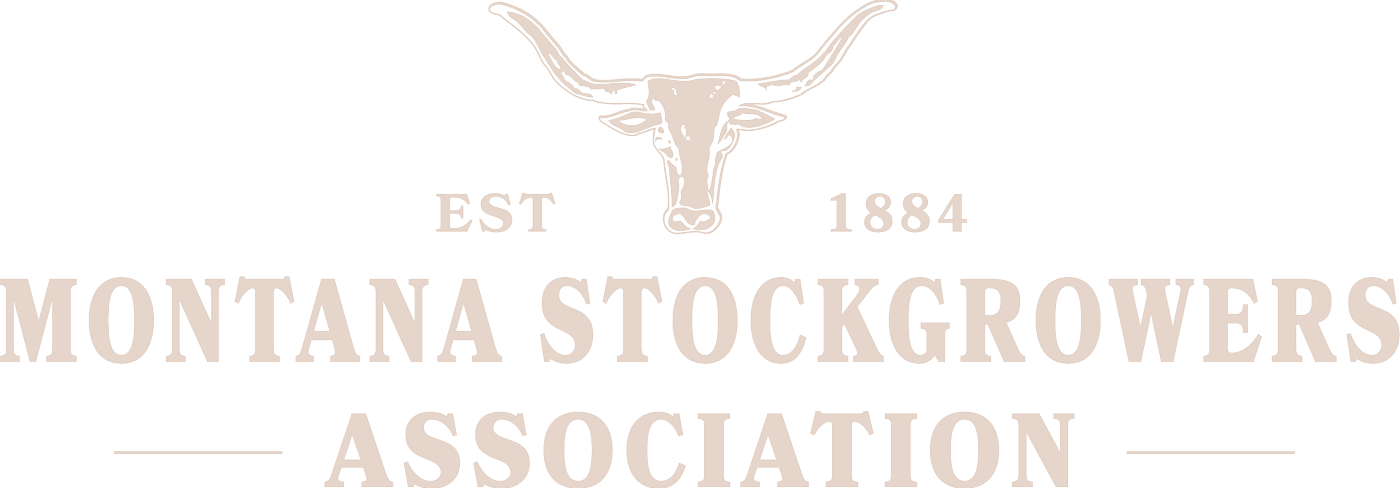The National Cattlemen’s Beef Association (NCBA) today released its official Policy Priorities for 2019. The release came as approximately 10,000 members of the cattle industry joined together for its annual convention and NCBA Trade Show, which is being held this week in New Orleans.
This year’s Policy Priorities include a mix of familiar and new issues for the industry, and while the group will engage
Fake Meat. NCBA was successful in 2018 in arguing for the U.S. Department of Agriculture to have primary jurisdiction over the inspection and marketing of lab-produced and plant-based fake meat. Now in 2019 the group will work to ensure that a regulatory framework is properly implemented – one that protects the health and wellbeing of consumers, prevents false and deceptive marketing, and ensures a level playing field for real beef products.
Trade and Market Access. A perennial issue for U.S. cattle producers, 2019’s priorities on trade will focus on promoting a bilateral trade agreement with Japan, securing swift passage of the U.S.-Mexico-Canada Agreement (USMCA), and expanding access for U.S. beed in key markets like China, the United Kingdom, and the European Union.
Dietary Guidelines. The federal government updates its official Dietary Guidelines every five years, and as that process ramps up in 2019, NCBA will work to protect the scientific credibility of Dietary Guidelines and promote accurate information about the nutritional advantages of beef as part of a balanced diet.
Regulatory Reform and Implementation. The past two years have brought about significant regulatory relief for beef producers, but much work remains to be done on additional relief and implementing recent reforms. This includes issues such as full implementation of the 2018 Farm Bill, enacting a permanent solution to overly restrictive Hours of Service rules for livestock haulers, finalizing a new water rule to replace the 2015 Waters of the U.S. rule, exempting livestock producers from EPCRA air emissions reporting requirements, modernizing and streamlining the Endangered Species Act, National Environmental Policy Act, and federal grazing regulations, and promoting antimicrobial stewardship by producers and preserving access to key veterinary technologies.
“Thanks to the dues-paying members of NCBA and our outstanding team in Washington, D.C., we’ve made a lot of good progress over the past couple of years,” said NCBA President Kevin Kester. “But this is no time to rest on our laurels. There are many policy challenges still facing our producers, and these Policy Priorities will act as our roadmap over the coming year. I’d encourage my fellow producers who are not yet members of NCBA to join us in the important battles ahead.”
Source: NCBA
